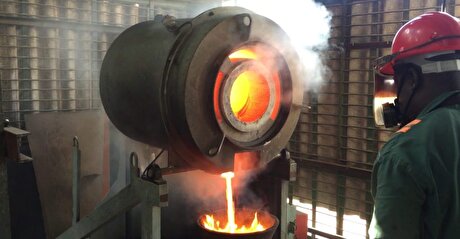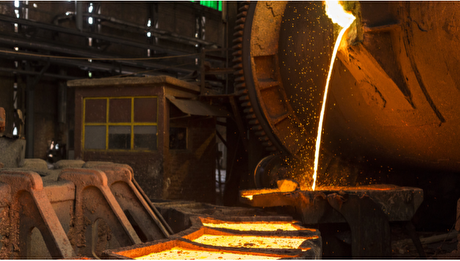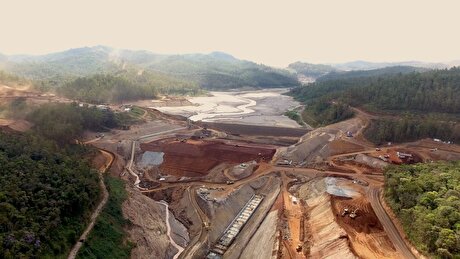
Low margins threaten future of New Zealand refining

Operator Refining NZ is also considering keeping the refinery but changing its processing and distribution agreements as part of the review, which has been prompted by the impact of the Covid-19 pandemic on its business.
"Refining NZ has quickly responded to the current Covid-19 situation but is challenged by structural conditions resulting in low refining margins globally and oversupply in the Asia region," chairman Simon Allen said.
Significant new supply has come on line in China, South Korea, Singapore and India. These larger integrated refining facilities are producing large amounts of low-cost products, putting significant downward pressure on regional margins.
Low margins have been compounded by significant increases in the market price of electricity in New Zealand, meaning that Refining NZ does not cover its cash costs at the fee floor in the processing agreements, Allen said.
The New Zealand government has imposed widespread travel restrictions to combat the spread of the coronavirus, which have quashed oil product demand.
The government last year passed legislation that commits it to achieving neutral greenhouse gas emissions by 2050, which will also affect Refining NZ's long-term business plans.
The review will consider four options, including the continuation of the existing refinery business through improvements such as cost efficiencies and crude purchasing.
Another option is to alter the refinery business model to adjust processing agreements and distribution arrangements. Refining NZ currently processes crude into gasoline, diesel, jet fuel and other refined products for a tolling fee, which it receives from three wholesalers ¬— BP, ExxonMobil and New Zealand downstream firm Z Energy, which bought Chevron's New Zealand assets in 2016.
The remaining two options are to separate the refining and infrastructure assets, and to convert the refinery to an import terminal for oil products.
Refining NZ started a review of its long-term maintenance plans in February, under which any major turnarounds will be done on a three-year cycle. Work that was planned for 2022 is no longer required.
Marsden Point refinery processed 117,000 b/d of crude in 2019, up by 5pc from 111,000 b/d in 2018 because it had no planned maintenance turnarounds last year.
New Zealand produced around 29,000 b/d of crude, condensate and natural gas liquids in 2019, equivalent to only about 18pc of its combined imports of crude and oil products. It imported 165,000 b/d last year, of which crude accounted for 105,000 b/d.
By Kevin Morrison


Alba Discloses its Financial Results for the Second Quarter and H1 of 2025

US slaps tariffs on 1-kg, 100-oz gold bars: Financial Times

Copper price slips as unwinding of tariff trade boosts LME stockpiles

Codelco seeks restart at Chilean copper mine after collapse

NextSource soars on Mitsubishi Chemical offtake deal

Australia weighs price floor for critical minerals, boosting rare earth miners

Uzbek gold miner said to eye $20 billion value in dual listing

BHP, Vale offer $1.4 billion settlement in UK lawsuit over Brazil dam disaster, FT reports

Hudbay snags $600M investment for Arizona copper project

Zimbabwe labs overwhelmed as gold rally spurs exploration, miner says

Cochilco maintains copper price forecast for 2025 and 2026

Adani’s new copper smelter in India applies to become LME-listed brand

HSBC sees silver benefiting from gold strength, lifts forecast

Mosaic to sell Brazil potash mine in $27M deal amid tariff and demand pressures

Samarco gets court approval to exit bankruptcy proceedings

Hudbay snags $600M investment for Arizona copper project

Discovery Silver hits new high on first quarterly results as producer

Trump says gold imports won’t be tariffed in reprieve for market

AI data centers to worsen copper shortage – BNEF

Cochilco maintains copper price forecast for 2025 and 2026

Adani’s new copper smelter in India applies to become LME-listed brand

HSBC sees silver benefiting from gold strength, lifts forecast

Mosaic to sell Brazil potash mine in $27M deal amid tariff and demand pressures

Samarco gets court approval to exit bankruptcy proceedings

Hudbay snags $600M investment for Arizona copper project

Discovery Silver hits new high on first quarterly results as producer

Trump says gold imports won’t be tariffed in reprieve for market

AI data centers to worsen copper shortage – BNEF














